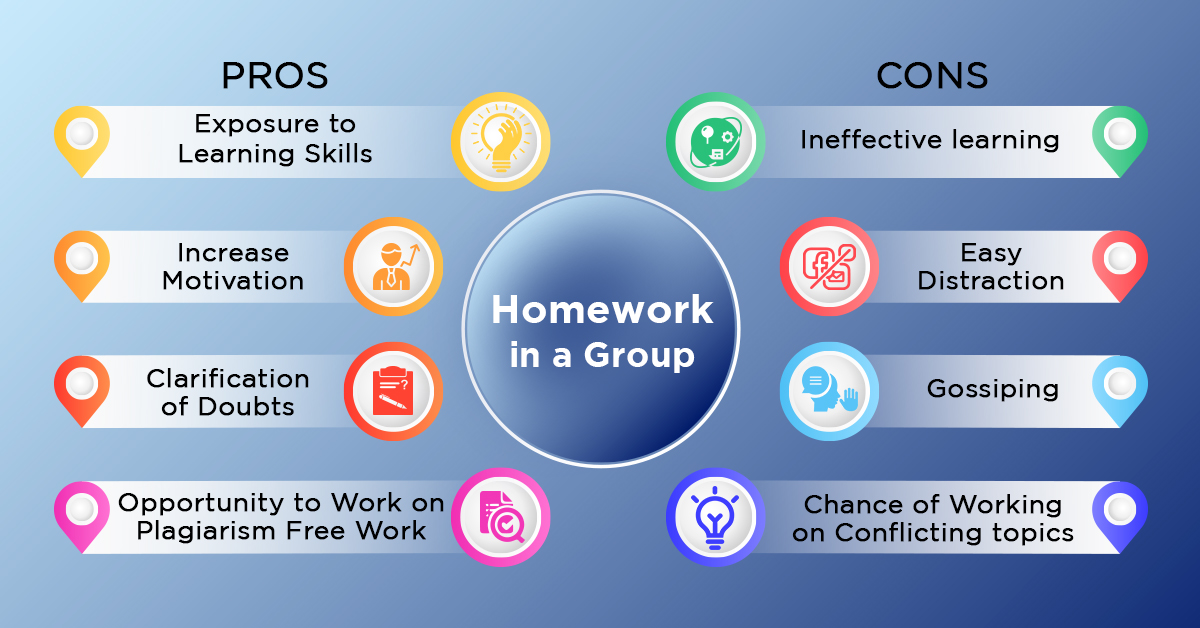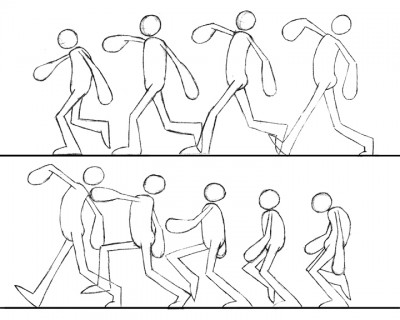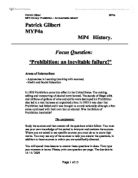Lecture 5 Prospect Theory - Trinity College, Dublin.
The expected utility theory is based on the expectations, asset integration, and risk aversion. The expectation can be defined as the anticipated utility of an outcome that depends on the price of an item or service. Asset integration results to the measurement of the utility through the prospect of a consumers assets (Kahneman and Amos 266). Utility from one asset alone should exceed the.
Pricing managers can use the insights from prospect theory. While the implications are far reaching two quick examples will suffice in demonstrating the power of prospect theory. One prescription from prospect theory is to unbundle gains and bundle losses. As noted, losses weigh heavier than gains and both losses and gains are felt with diminishing sensitivity. As such, unbundling gains into.

Prospect Theory and Asset Prices Nicholas Barberis, Ming Huang, and Tano Santos NBER Working Paper No. 7220 July 1999 JEL No. G12 ABSTRACT We propose a new framework for pricing assets, derived in part from the traditional consumption-based approach, but which also incorporates two long-standing ideas in psychology.

A3 Application to Prospect Theory. Tom et al. have a more direct experiment that examines biological evidence of prospect theory. They focused on the experimental evidence that the loss usually gives a psychological effect on participants twice as big as gain and reward, and measured the brain activities while in the gambling task. In the.

Prospect theory 3 Professor Doron Avramov: Topics in Asset Pricing. Topics to be covered Time series asset pricing tests Cross section asset pricing tests Stock return predictability Finite sample bias in predictive regressions The Campbell-Shiller present value formula Vector auto regressions in asset pricing On the riskiness of stocks for the long run On the risk-return relation in the time.

Essays on Empirical Asset Pricing Abstract This thesis examines cross-sectional patterns in equity returns and consists of six essays. The first essay tests whether changes in the US federal budget deficit affect stock market returns. The re-sults suggest a positive impact from shocks in the real budget deficit to real stock market returns. Building on this result, the second essay proposes a.

Prospect Theory and Asset Prices Nicholas Barberis, Ming Huang, Tano Santos. NBER Working Paper No. 7220 Issued in July 1999 NBER Program(s):Asset Pricing We propose a new framework for pricing assets, derived in part from the traditional consumption-based approach, but which also incorporates two long-standing ideas in psychology: prospect theory, and evidence on how prior outcomes affect.

A theory stating that investors are more likely to make an investment if it is advertised in terms of growth rather than loss.That is, an advertiser is more likely to be successful if he argues that an investment will probably return 10% than if he argues that it might lose 100%. Prospect theory is a fairly obvious concept, but it important to remember when making recommendations.
.jpg)
Prospect theory's challenge to utility theory evoked vigorous responses. One extreme involved radical methodological skepticism. Partisans attacked any aspect of prospect theory's research method that could, conceivably, have contributed artifactually to behaviors offered as evidence supporting the theory. Although some of these critiques were ad hoc claims, disconnected from the research.

Cumulative prospect theory is a further development of the prospect theory. The major difference of cumulative prospect theory from its original version is that the concept of weighting is introduced in the cumulative probability distribution function as it is done in the rank-dependent expected utility theory. Daniel Kahneman was awarded the.

Pricing Models Definition. Price is one of the key variables in the marketing mix. There are four general pricing approaches that companies use to set an appropriate price for their products and services: cost-based pricing, value-based pricing, value pricing and competition-based pricing (Kotler and Armstrong, 2009). The cost of production sets the lower limit while the upper limit is set by.

Prospect Theory Law and Legal Definition Prospect theory is an economic theory justifying the grant of patent rights. According to this theory the patent system has helped to bring together diverse resources like commercial backing, manufacturing capacity, marketing know-how, and other skills that the inventor alone would be unable to handle.

See Pricing. Don't Miss a Chance to Chat With Experts. It's Free! Submit Task and Start Chatting. Psychology Prospect Theory. PSY 302 Prospect Theory Review This paper is written in order to compare and contrast two articles that were chosen from the social psychology field.I chose my topic as Prospect Theory.It is one of the theories related to decision making process. Stop Using Plagiarized.



